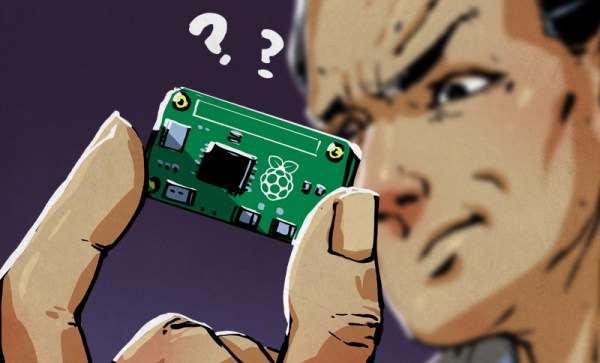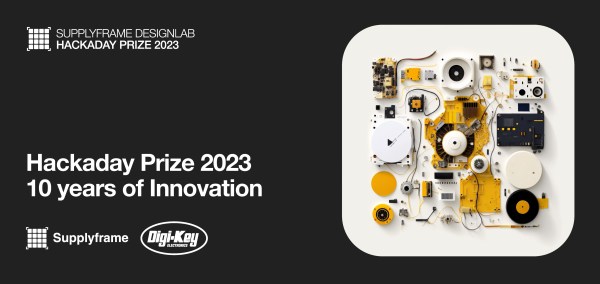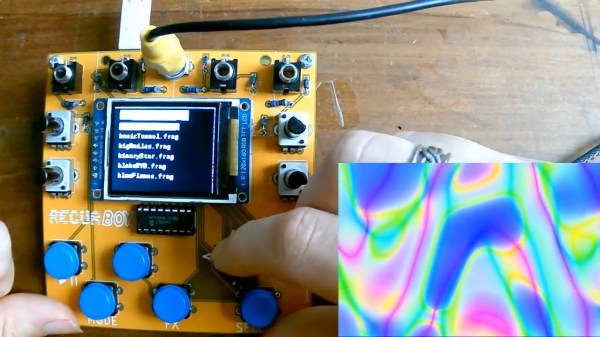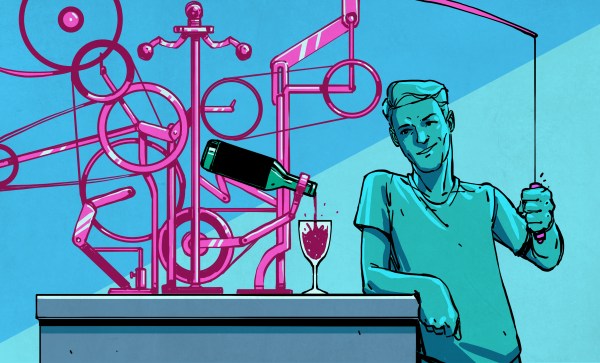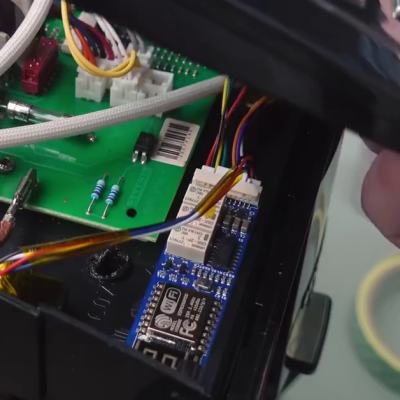When you talk to hackers who’ve just finished an epic project, they’ll often start off with a very familiar refrain: “I had no idea what I was getting into.” And maybe they’ll even follow up with the traditional second line “If I knew how hard this was going to be, I probably wouldn’t have tried.” And that’s from people who have just finished wiping the sweat from their brow.
Don’t get me wrong, sometimes you do get in over your head and take on more than you can chew. But let’s be honest, how often does that really happen relative to how many projects end up looking easy at first, and then end up teaching you a lot along the way, often the hard way? If you’re like me, the latter happens more than the former, and I don’t think I’m particularly clever.
Instead, it’s just the nature of learning. In the beginning, you don’t know something, so you don’t realize how difficult it is, hence the first classic line. And of course it’s going to be hard, because learning is always hard. If you knew it already, it would be easier, but it wouldn’t be learning!
Whether you get through or not depends on your own stubbornness and of course the nature of the hurdles. But whether you learn or not depends entirely on you not knowing what you’re doing in the first place.
Pay good attention to the second line in the post-hack couplet, and heed its advice. Starting off on something that you don’t already know how to do provides you with a fearlessness, and the courage to try something that you might not have otherwise dared. It’s good to get in over your head sometimes. That’s where you learn, and those are the audacious projects that end up being the most successful.
Or they end up as horrendous failures, but we’re crossing our fingers for you. Be brave! And if you can’t be brave, be incompletely informed.


